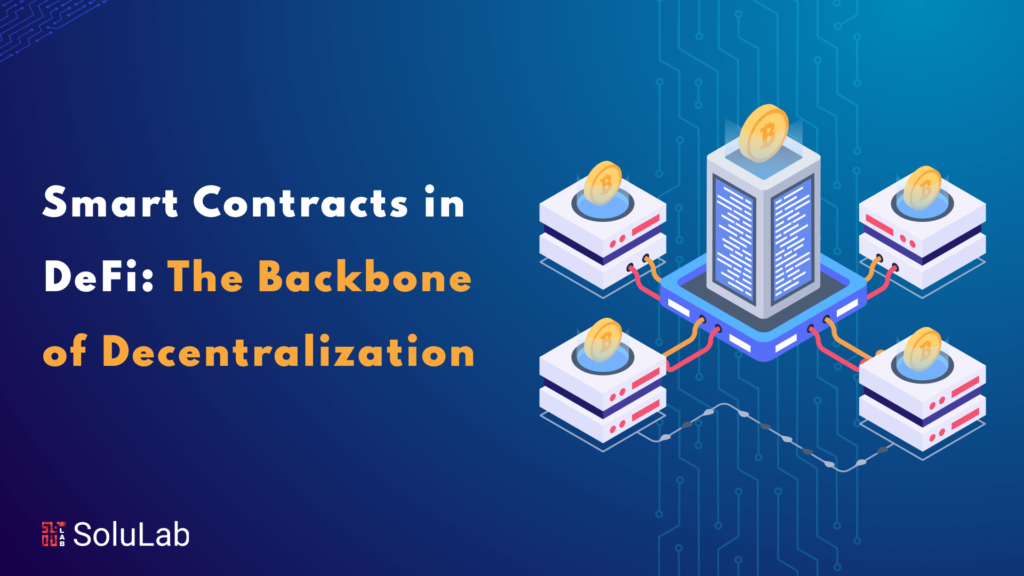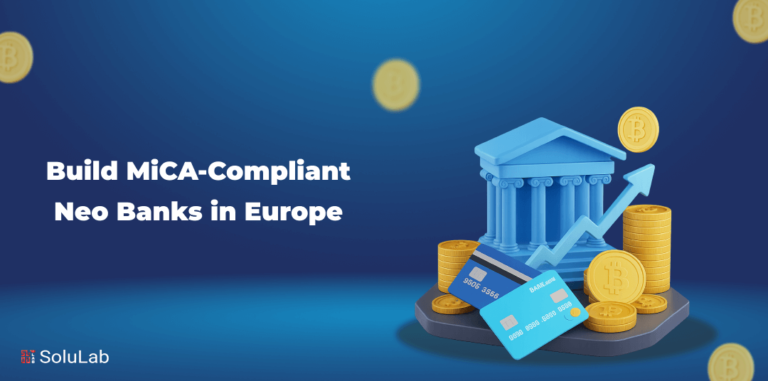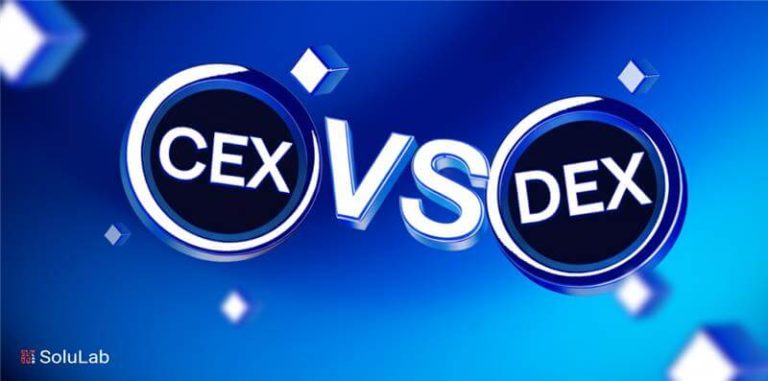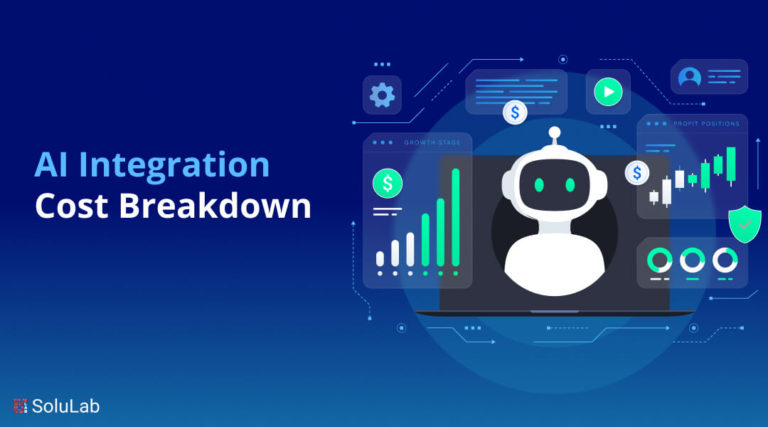
There is over USD $20 billion in total value locked up in DeFi smart contracts alone. This may seem like a lot at first glance, but considering the total notional amount outstanding for contracts in the derivatives market is valued at an estimated $1 quadrillion and stock markets at $89.5 trillion — $13 billion is nothing, we are still very early.
In the contemporary financial arena, the advent of blockchain technology and the emergence of Decentralized Finance (DeFi) have catalyzed a remarkable transformation. At the heart of this financial evolution, smart contracts serve as the linchpin, shaping the future of DeFi.
What Is a Smart Contract?
Smart contracts are self-executing programs that automate the steps necessary in blockchain transactions. Once a transaction is completed, it becomes permanently recorded and unalterable. To understand a smart contract, think of a vending machine. When you insert the correct amount of money and select an item, the machine’s program (the smart contract) dispenses your chosen item.
Smart contracts facilitate reliable transactions and agreements between anonymous parties, eliminating the need for intermediaries like central authorities, legal systems, or external enforcement mechanisms.
While initially associated primarily with Bitcoin, blockchain technology has gone beyond serving as a foundation for virtual currency, offering diverse Smart Contract Applications in DeFi.
What Do You Need to Know?
- Smart contracts are automated scripts that facilitate transactions between two parties based on predefined conditions.
- Unlike traditional contracts, smart contracts lack legal language, terms, or agreements. Instead, they rely solely on code to execute actions when specific conditions are met.
- Nick Szabo, an American computer scientist, introduced the concept of smart contracts in 1998. He defined them as computerized transaction protocols designed to execute the terms of a contract.
- The term “smart contract” is somewhat misleading as these programs are neither intelligent nor legally binding in the traditional sense.
History of Smart Contracts
In 1994, Nick Szabo, an American computer scientist, first proposed the concept of smart contracts. He envisioned a virtual currency called “Bit Gold” in 1998, a decade before Bitcoin was introduced. Szabo has been speculated to be the mysterious creator of Bitcoin, Satoshi Nakamoto, a claim he has refuted.
Szabo conceptualized smart contracts as computerized protocols that uphold the terms of a contract. His goal was to expand the capabilities of existing electronic transaction methods, like POS systems, to the digital world.
In his paper, Szabo explored the execution of contracts for synthetic assets, combining derivatives and bonds. He emphasized the ability to create complex payment structures within standardized contracts, reducing transaction costs through computerized analysis.
While DeFi smart contract development lacks legal jargon or specific terms agreed upon by both parties, they function as scripts that incorporate functions, module imports, and other programming to automate interactions between parties.
Interestingly, many of Szabo’s predictions in his paper materialized even before the advent of blockchain technology. A notable example is the predominant use of complex term structures in derivatives trading conducted through computer networks.
Smart Contract Use Cases
Smart contracts, a cornerstone of smart contracts defi, offer numerous advantages and enable various use cases. Here are a few key benefits and applications of smart contracts in the DeFi ecosystem:
1. Enhanced Security and Trust in Financial Interactions:
One of the primary advantages of smart contracts in decentralized finance (DeFi) is their ability to strengthen security and foster trust in financial transactions. Traditional financial systems frequently depend on centralized authorities that may be vulnerable to fraud, manipulation, or censorship. In contrast, smart contracts operate on a decentralized blockchain network, where transactions are transparent and immutable once recorded. This immutable nature guarantees the fulfillment of agreements, minimizing the likelihood of fraud and offering users a higher level of security.
2. Automated and Efficient Transactions:
Smart contracts automate intricate financial transactions. They eliminate manual intervention, reducing costs and delays. The encoded conditions and logic within smart contracts allow parties to transact directly, removing the need for intermediaries. This automation streamlines operations in the smart contracts defi ecosystem, leading to faster and more efficient processes. Moreover, the absence of intermediaries eliminates fees and commissions associated with traditional financial systems, making DeFi more accessible and cost-effective.
3. Eliminating Counterparty Risk with Smart Contracts:
In traditional finance, counterparty risk—the possibility of one party in a transaction defaulting or engaging in dishonest behavior—has always been a significant concern. Smart contracts provide a powerful solution that addresses this issue by incorporating predetermined rules into the code. This ensures that transactions are executed only when specific conditions are met, eliminating the need for trust between parties. The code acts as the ultimate arbiter, guaranteeing that transactions are executed precisely as intended. Consequently, smart contracts dramatically reduce counterparty risk, providing participants with enhanced security and peace of mind.
4. Programmable Financial Instruments:
A Foundation for DeFi Versatility because Smart contracts facilitate the creation of flexible and programmable financial instruments, unlocking a plethora of opportunities for decentralized smart contract (DeFi) applications. Through smart contracts, developers can craft and deploy diverse decentralized applications (dApps), empowering users with lending, borrowing, decentralized exchanges, derivatives, yield farming, and more. These programmable financial instruments enable tailoring to specific requirements, fostering greater customization and innovation within DeFi
5. Decentralized Governance and Transparency:
Smart contracts play a crucial role in fostering decentralized governance models commonly found in smart contracts and defi platforms. Token holders and community members can leverage smart contracts to automate decision-making processes. This decentralized governance approach prevents any single entity from wielding excessive control and encourages active participation from the community, leading to a more democratic and transparent ecosystem. Stakeholders can propose and vote on changes, upgrades, or improvements to the protocol, creating a system where power is equitably distributed among participants.
6. Interoperability and Composability
Unleashed by Smart Contracts: Smart contracts facilitate seamless interaction between different smart contracts and defi protocols and applications, promoting interoperability and composability. This enables the creation of intricate financial systems and unique use cases through the integration of various Smart Contract Applications in DeFi. Developers are empowered to merge distinct protocols, capitalizing on their respective functionalities to devise solutions. Such composability fosters collaboration, ignites innovation, and unlocks the potential for novel financial models that were once inconceivable.
Read Also: DeFi Vs. CeFi
Smart Contract Pros and Cons
At the core of smart contracts’ advantages, akin to blockchain technology, is their ability to eliminate the necessity for third-party involvement. Beyond this fundamental benefit, smart contracts offer a range of additional advantages:
- Efficiency: Smart contracts execute quickly, optimizing transaction processing and reducing wait times.
- Accuracy: Automated execution eliminates the possibility of human error, ensuring precise and reliable transaction outcomes.
- Immutability: The code governing smart contracts is unchangeable, preserving the integrity and validity of agreements over time.
Some of the downfalls of smart contracts are:
- Immutability: Once deployed, smart contracts cannot be altered, even if errors are discovered.
- Human Dependency: The reliability of smart contracts depends on the programmer’s ability to code error-free contracts that accurately execute intended actions.
- Potential Vulnerabilities: Coding loopholes in smart contracts could potentially allow for malicious actors to exploit them, leading to the execution of contracts in a manner contrary to their intended purpose.
Conclusion
In conclusion, DeFi smart contract development has become the backbone of decentralization, driving innovation and efficiency in the financial sector. The integration of DeFi and smart contracts facilitates transparent, secure, and automated transactions, which are foundational to the DeFi ecosystem. By leveraging decentralized smart contract technology, users can engage in activities such as lending, borrowing, and trading without intermediaries.
Smart contracts in DeFi offer numerous advantages, including reduced costs and enhanced security, making them indispensable for modern financial applications. A notable DeFi smart contract example includes decentralized exchanges, where users can trade assets directly on the blockchain. Additionally, DeFi smart contract mining and other uses demonstrate the vast potential of these technologies.
As more entities look to build their own DeFi smart contract, the demand for expertise in this field grows. Partnering with a reputable DeFi smart contract development company can ensure robust and efficient implementation of smart contract applications in DeFi. Embrace the future of finance with SoluLab, your trusted partner in DeFi development.
FAQs
1. What is DeFi smart contract development?
DeFi smart contract development refers to the process of creating self-executing contracts with the terms of the agreement directly written into code, specifically for decentralized finance future.
2. How do DeFi and smart contracts work together?
DeFi and smart contracts work together by enabling automated and trustless financial transactions on blockchain networks, eliminating the need for intermediaries.
3. What is a decentralized smart contract?
A decentralized smart contract is a self-executing contract that runs on a blockchain, ensuring that the contract’s terms are executed transparently and without central authority intervention.
4. Can you give a DeFi smart contract example?
A DeFi smart contract example includes decentralized exchanges (DEXs), where users can trade cryptocurrencies directly on the blockchain without intermediaries.
5. What is DeFi smart contract mining?
DeFi smart contract mining involves staking or providing liquidity to DeFi protocols in return for rewards, typically in the form of additional cryptocurrency or tokens.
6. How can I build your own DeFi smart contract?
To build your own DeFi smart contract, you’ll need knowledge of blockchain programming languages, such as Solidity, and a deep understanding of DeFi protocols. Engaging with a specialized development company can streamline this process.
7. What are some smart contract applications in DeFi?
Smart contract applications in DeFi include lending and borrowing platforms, decentralized exchanges, insurance protocols, and automated market makers, all of which operate without intermediaries.





